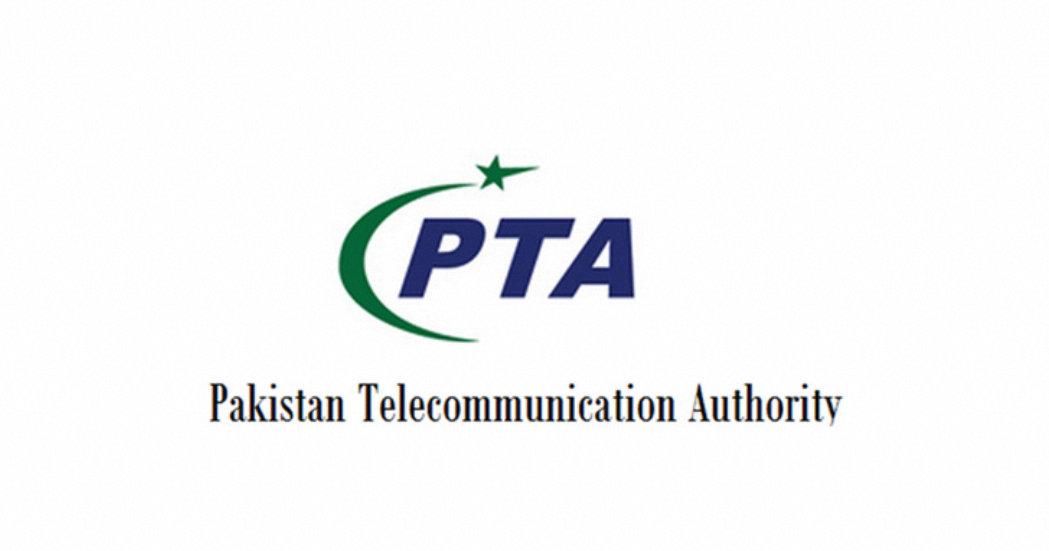
PTA Issues SIM Registration Warning
Urgent Notice to Citizens Amid Rising Security Concerns
The Pakistan Telecommunication Authority (PTA) has issued a public warning regarding SIM card registration, urging citizens to ensure that no unregistered or unauthorized SIMs are issued against their Computerized National Identity Cards (CNICs). The move comes amid increasing concerns about the misuse of mobile connections in fraudulent activities, including cybercrime, identity theft, and illegal financial transactions.
In its official statement, PTA emphasized that strict action would be taken against those found to be in violation of SIM registration regulations. The authority has also announced new monitoring and verification mechanisms to identify suspicious registrations.
Biometric Verification Made Mandatory
As part of its enforcement strategy, PTA reiterated that biometric verification remains a mandatory process for the issuance of all SIM cards in Pakistan. Every telecom operator is legally required to register SIMs only after verifying the applicant’s fingerprints through the National Database and Registration Authority (NADRA).
PTA officials noted that individuals should routinely check the number of SIMs registered under their CNIC and immediately report any discrepancies. This can be done easily through the official SIM Information System by texting the CNIC number to 668 or by visiting the PTA website.
Failure to take these precautions may result in legal consequences, especially if an unauthorized SIM is found to be involved in any illegal or criminal activity.
Increase in SIM-Related Fraud Cases
The warning follows a noticeable spike in cases involving fraudulent SIM usage, particularly in crimes like phishing scams, harassment, extortion, and impersonation on digital platforms. In several reported instances, innocent individuals have faced legal trouble when SIMs unknowingly registered against their CNICs were used for illicit purposes.
PTA, in coordination with law enforcement agencies, has launched investigations into these cases and emphasized that all telecom users must take personal responsibility for the mobile connections issued in their name.
The authority has also encouraged citizens to limit the number of SIMs registered to their CNICs, keeping it within the allowed cap of five SIMs per person per operator.
Telecom Operators Directed to Comply Strictly
In light of the recent warning, PTA has directed all telecom companies to strictly comply with SIM issuance guidelines and avoid any leniency or procedural shortcuts. Surprise audits and inspections of franchise outlets and retailers will be conducted regularly to ensure compliance.
Operators found violating PTA’s guidelines risk hefty fines, temporary suspension of services, or in severe cases, revocation of their licenses. PTA has also instructed telecom companies to maintain real-time digital logs of every biometric transaction, which will be reviewed periodically.
Retailers and franchise partners have been warned that their business licenses may be revoked if they are caught facilitating illegal SIM issuance.
How Citizens Can Protect Themselves
PTA has advised all mobile users to take the following precautionary steps:
- Verify the number of SIMs registered against your CNIC by texting your CNIC to 668.
- Report any unauthorized SIM immediately to your mobile network operator and PTA.
- Never allow anyone else to use your CNIC for SIM issuance.
- Ensure that SIMs are only purchased from authorized retailers.
- Keep a record of issued SIMs and correspondence with telecom providers for personal records.
PTA has also launched a public awareness campaign through digital and traditional media, encouraging responsible mobile usage and alerting citizens to the risks of negligence in SIM registration.
Legal Framework and Enforcement Measures
Under the Prevention of Electronic Crimes Act (PECA) 2016, the use of an unauthorized or fraudulently registered SIM is considered a punishable offense, which may lead to fines, imprisonment, or both. PTA works closely with the Federal Investigation Agency (FIA) and other law enforcement bodies to track down and prosecute offenders.
This warning is seen as part of the government’s broader effort to enhance digital security and prevent cybercrime, especially as mobile penetration and internet usage in Pakistan continue to rise.







